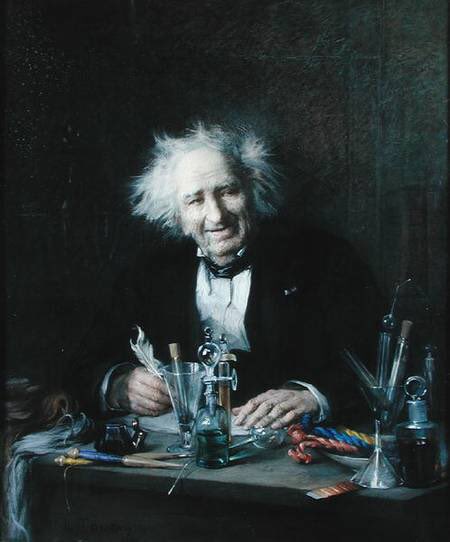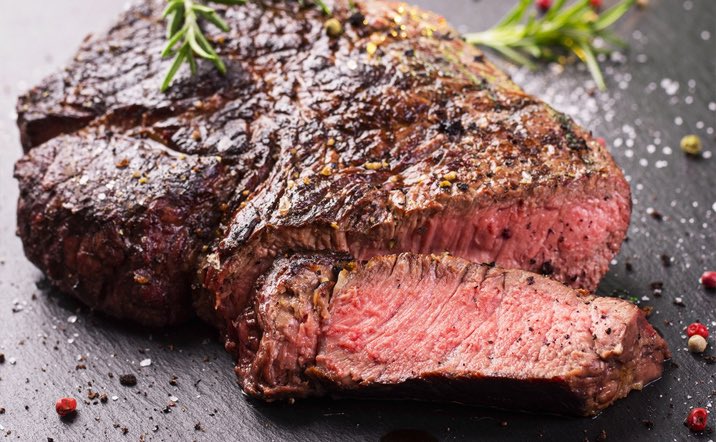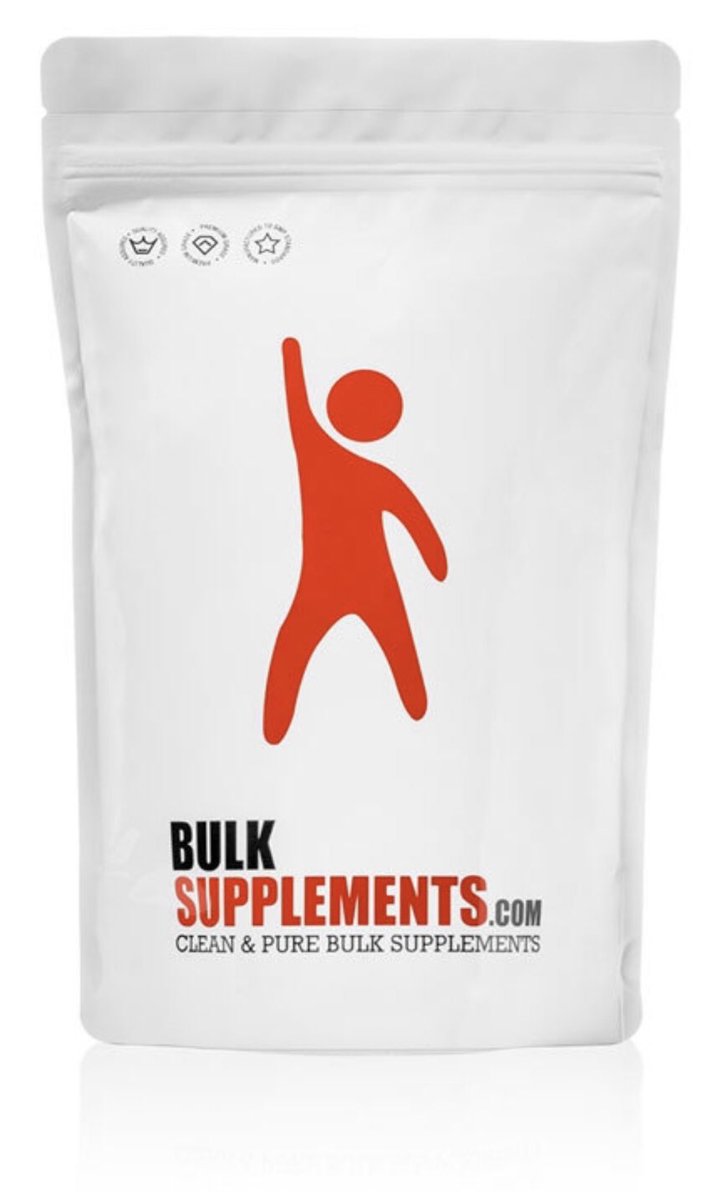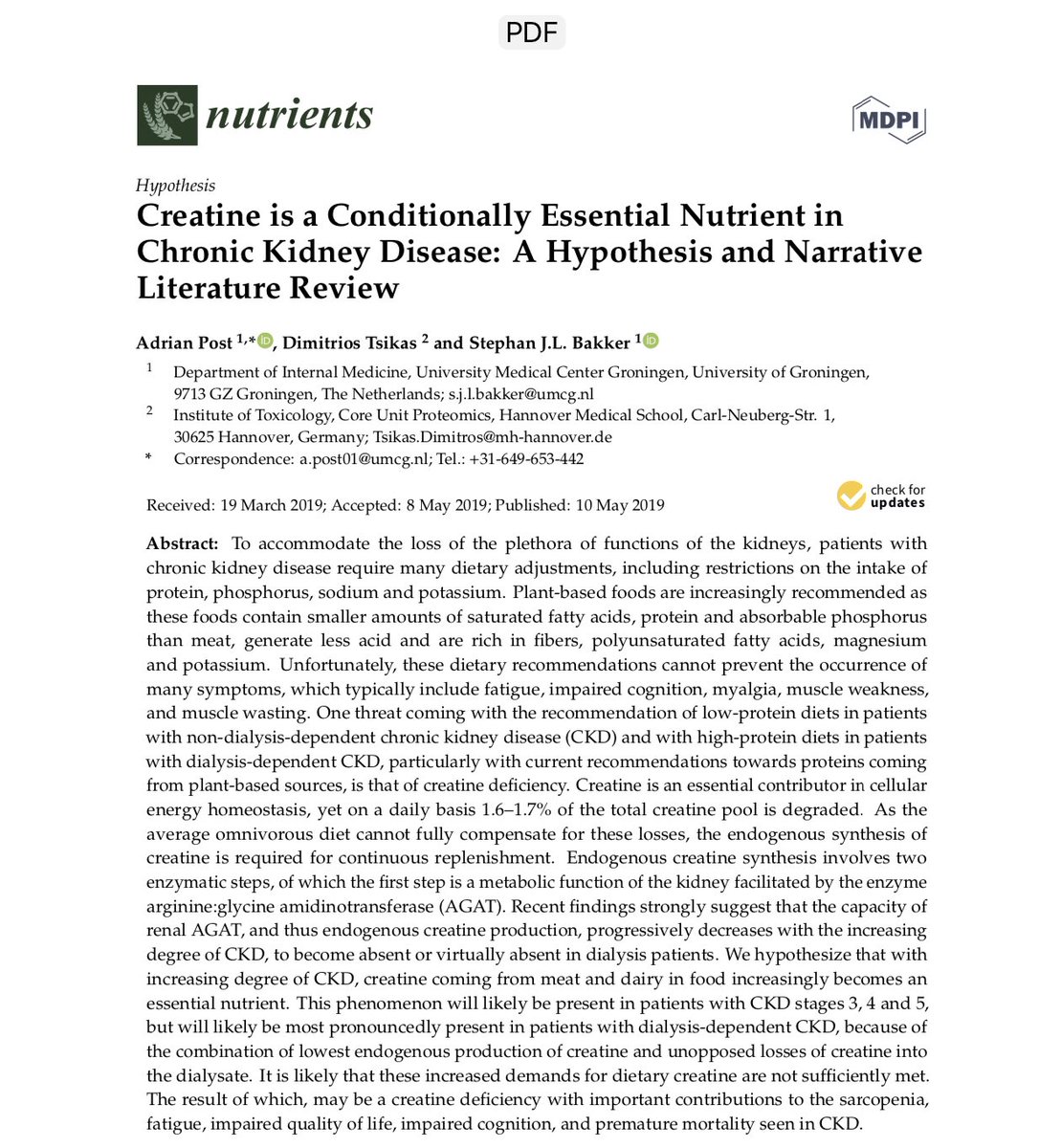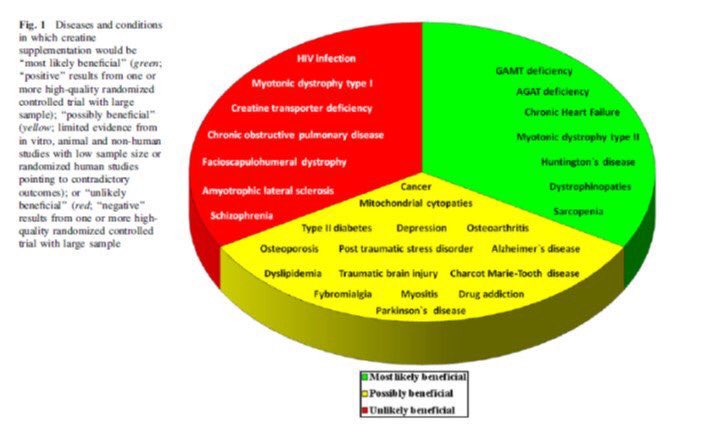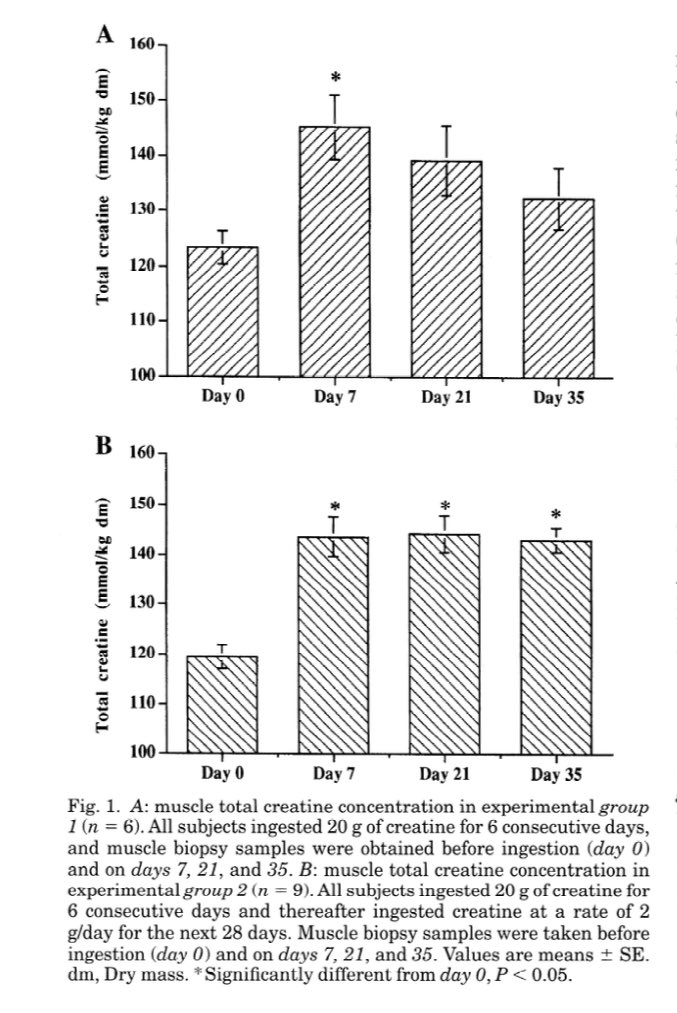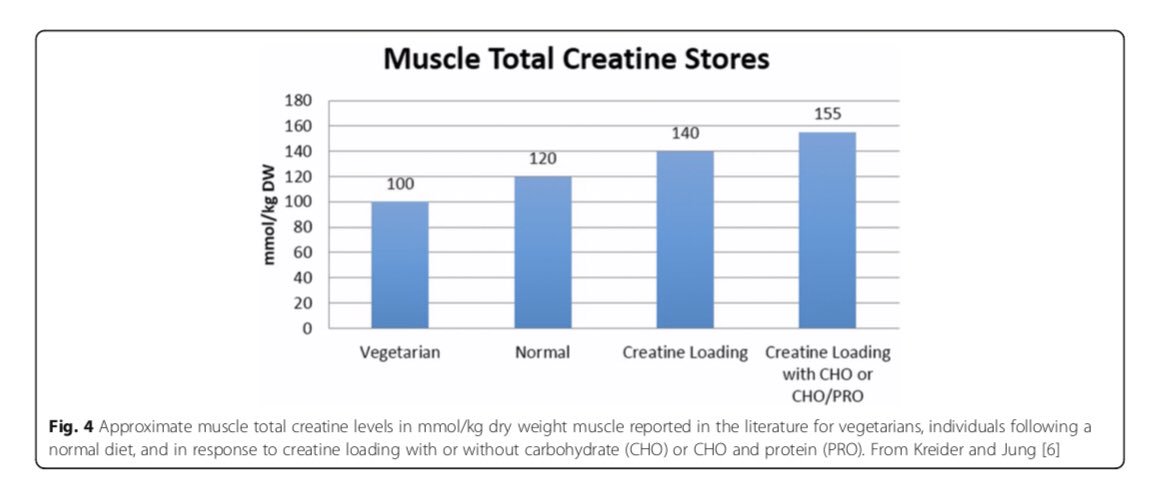Creatine in primary care? Isn’t that a steroid? No! Isn’t it for bodybuilders? Yes, but it may be for you too.
Creatine was first isolated from meat by Michel Eugene Chevreul, a French philosopher and scientist in 1832. It was named creatine after the Greek word for meat which is kreas (κρέας).
Creatine is naturally produced by your body and is important for general health and wellness as deficiencies can be devastating. Early on, it was difficult to study and supplement as it had to be isolated from meat.
However, once it was able to be synthesized in mass quantities, the studies have greatly increased and so has use of this is as a supplement.
You may benefit by consuming more from your diet or by taking supplements. It is quite cheap, very safe (studied for over 100 years), and it is easily absorbed when taken orally.
Too little creatine due to a genetic cause may result in a disorder characterized by behavior disorders, seizures, intellectual disability, movement disorders, speech delay, and digestive problems.
A disorder due to too creatine does not seem to exist. There have been concerns/reports of symptoms such as cramping, muscle damage, dehydration and renal dysfunction due to consumption of this substance. However, the proof is lacking.
Creatine has not been well studied in those with chronic kidney disease. It is speculated that those with CKD may actually need more but the data is lacking. Therefore, I can not make a recommendation for it to be used by those with CKD.
"The International Society of Sports Nutrition (ISSN) has previously concluded in its position stand on creatine supplementation that creatine monohydrate is the most effective ergogenic nutritional supplement currently available to athletes ...
...in terms of increasing high-intensity exercise capacity and lean body mass during training."
The ISSN's position stand on this substance goes further into safety stating:
"...supplementation is not only safe, but has been reported to have a number of therapeutic benefits in healthy and diseased populations ranging from infants to the elderly.”
"...supplementation is not only safe, but has been reported to have a number of therapeutic benefits in healthy and diseased populations ranging from infants to the elderly.”
The benefits for athletic performance are there. The safety is established. The benefits do not stop there. There are numerous benefits to health beyond athletics including:
Supplementation may reduce the damage caused by traumatic brain injury (TBI) or spinal cord injury (SCI)
Supplementation may reduce the damage caused by traumatic brain injury (TBI) or spinal cord injury (SCI)
It has been used to treat certain neurodegenerative disorders such as Parkinson's disease, Huntington's disease, and amyotrophic lateral sclerosis (ALS).
It may protect the heart during ischemia.
It may protect the brain during or after a stroke.
It has lowered cholesterol.
It may protect the heart during ischemia.
It may protect the brain during or after a stroke.
It has lowered cholesterol.
It has improved markers of inflammation.
It has lowered HbA1c and the glucose response to a meal.
It can improve muscle mass in the elderly as well as the young (when accompanied by resistance training).
It has lowered HbA1c and the glucose response to a meal.
It can improve muscle mass in the elderly as well as the young (when accompanied by resistance training).
This substance is a rare exception to the "if it sounds too good to be true" rule. It is inexpensive and available nearly everywhere.
Creatine monohydrate is an amazing supplement. Studied for over 100 years with the safety and efficacy described above, it is unparalleled in its safety, benefits, and value.
There are two basic ways that people take this. You can "load" creatine by taking 0.3 g/kg/day split into 4 equal doses (approximately 5g per dose if you weigh 150 pounds) for 5-7 days to saturate your muscle creatine stores followed by 3-5 grams per day.
You can also just take 3-5 grams per day and in about 3-4 weeks your muscle will be saturated. Regardless, you must take 3-5 g daily to maintain this level. It is better absorbed with an insulin response which can be obtained by carbohydrate or protein.
So, Creatine in primary care? Absolutely! The benefits are proven, safety established, and the price is right.
(Of course, this post is not medical advice and we have no PA-patient relationship etc).
(Of course, this post is not medical advice and we have no PA-patient relationship etc).
Thank you to @EricRawsonPhD for the back and forth emails and tweets ( @propstdc)
Thank you all who commented, RT'd, liked, & followed. This is a lot of fun for me & keeps my brain active. All Twitter accts should have a real name or pic etc. My name is David Propst ( @propstdc) & I'm a husband, dad & PA w exercise science degree. I hope you find value here.

 Read on Twitter
Read on Twitter
